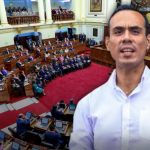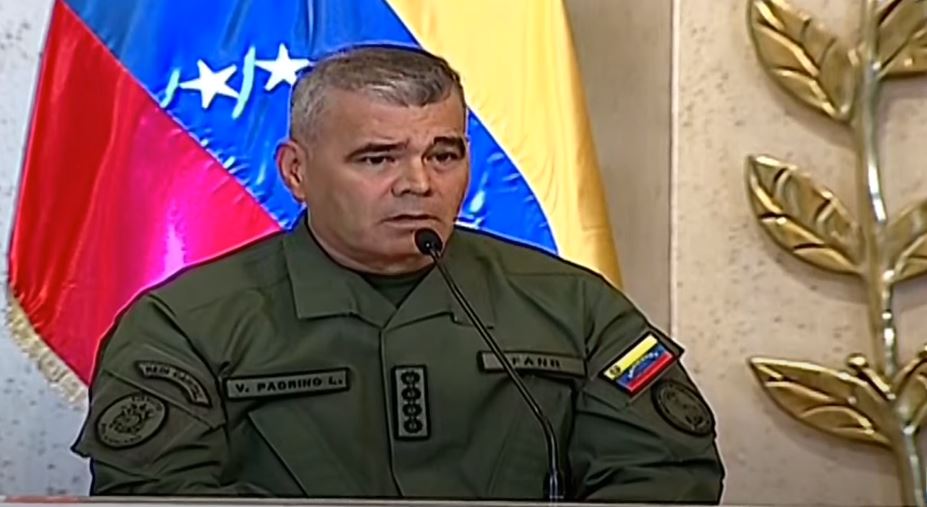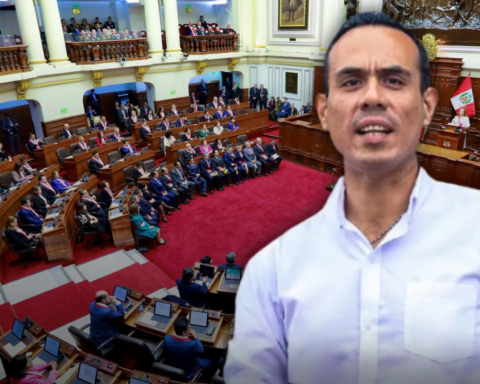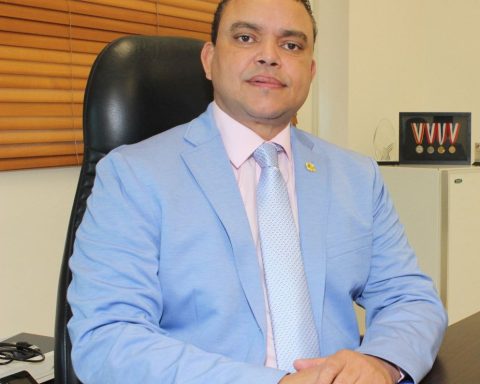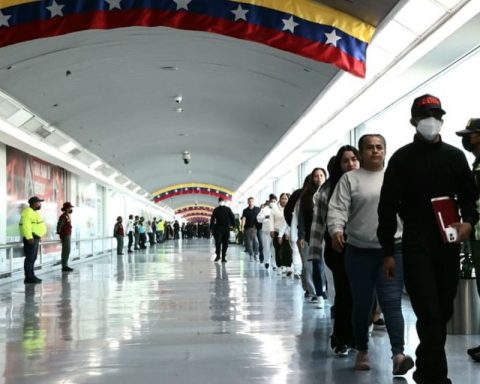This family, the first that the Uruguayan State had given refuge since the Taliban returned to power in Afghanistan, had arrived in Montevideo on December 28. They had been under threat of life for 17 months, three different hiding places and the bankruptcy of their savings.
Less than two months later to breathe the “air of freedom” of the Uruguayan capital —as they had stated in this exclusive interview with The Observer—, they embarked on a migratory caravan overland to the United States, motivated by other Afghans from the region who were seeking the same fate in the north.
According to data from the US Immigration Service, since the Taliban returned to power in August 2021, the United States has received the arrival of some 90,000 Afghans. In the last year alone, there were more than 2,700 asylum applications, some 15,000 immigration visas were granted, and as many reception statuses.
Aliaqa, the father of the Afghan family in question, contacted some of his contacts in Brazil, the first stop on a migratory route that included passage through at least five South American countries, crossing on foot through the feared Darien Gap —classified as the most dangerous jungle in the world—, the alternation between buses, taxis, motorcycles and any vehicle one can imagine through Central America, tense negotiations with coyotes in Mexico and, finally, the crossing to the United States at the height of Tijuana.
The hardest? Mexico. This is how they responded to a journalist with whom they spoke.
On March 20, the day of the new year of the Persian calendar (Nowruz), and being in the middle of the journey through Latin America, Aliaqa had published an enigmatic message on Facebook. It was a poem that read: “There is no wall but me / I understood this from life / You can fight and win with destiny. / It is better to fight and lose.”
More than two weeks later, at 11:20 a.m. on April 5, Aliaqa returned to the social network to say: “I am grateful to my best friends who cooperated and accompanied us on this trip, (because) they took care of us and worried about us. our conditions”. The message warned that it was written from the border city of San Diego, where the family spent the first days in a detention center.
This Tuesday, however, They were able to travel to New York where an Afghan compatriot will give them shelter until they manage to regularize the documentation.
Both Aliaqa and his wife Taiba are university students. Until the arrival of the Taliban, they worked for the Afghan government in the area of gender violence. She was the maximum director of the approach to this issue that worked in the local Ministry of Health. He was a consultant and responsible for projects that sought equality between men and women in a series of provinces far from Kabul.
Shortly after the Taliban entered the capital of Afghanistan, Aliaqa and Taiba began to receive threats by phone. They had to flee to a hideout in another province. A relative showed them how some armed men wearing turbans entered their house in search of information and their bodies. Then there were more threats, more escapes, until they escaped clandestinely to neighboring Pakistan.
In July 2022 they wrote a letter to the Uruguayan president, Luis Lacalle Pou, asking for refuge. Meanwhile, some Spanish acquaintances of theirs acted as a bridge for the Uruguayan Foreign Ministry to take notice. At last, On December 28, 2022, his arrival in Montevideo was finalized. But the stay lasted less than two months until they went to the United States.






